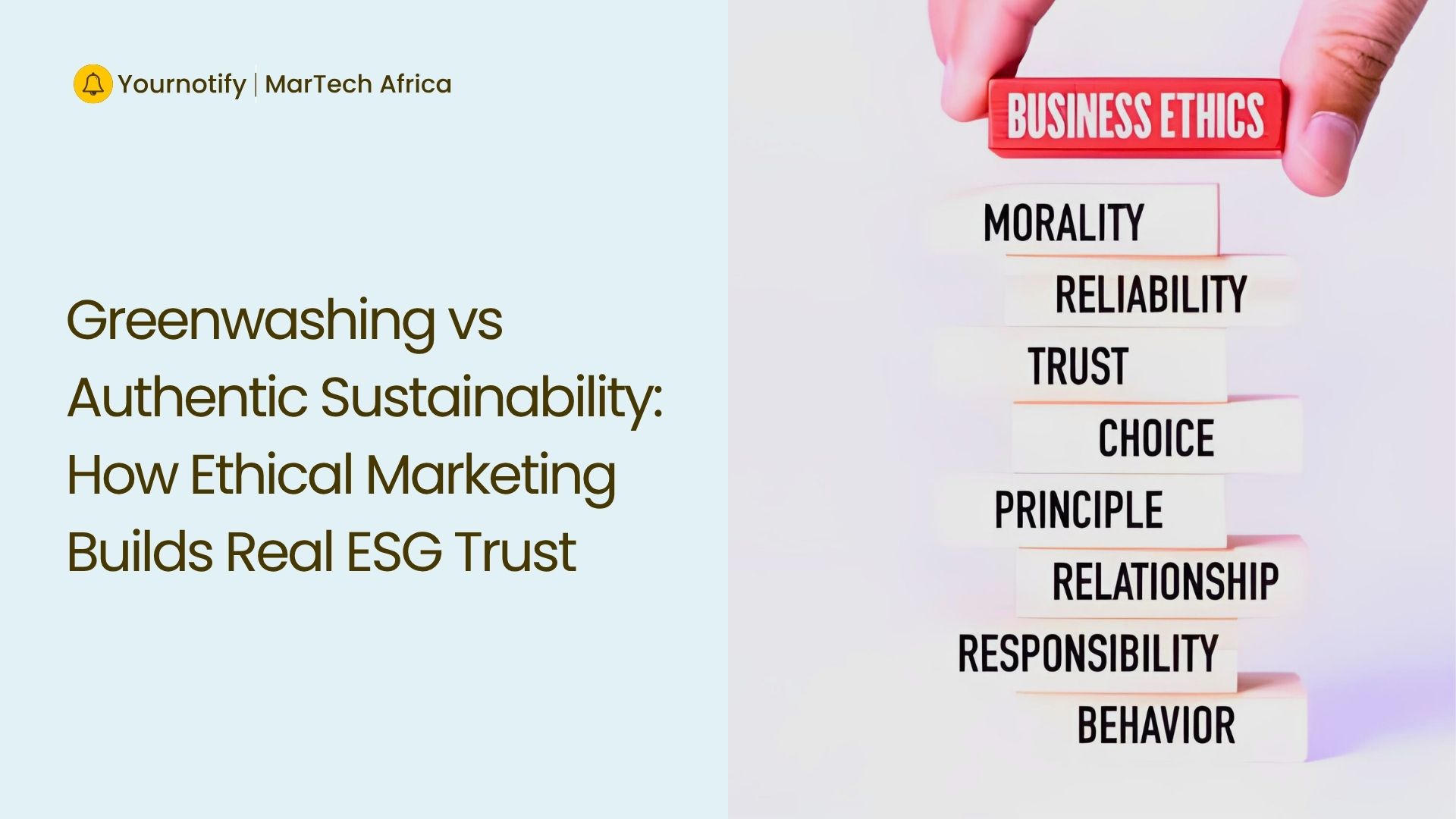In today’s fast-changing marketplace, the line between greenwashing and authentic sustainability is more important than…

Why Compliance in Marketing Matters More Than Ever in the Digital Age
Marketing is no longer just about creativity and conversions, it also includes responsibility, trust, and accountability. As digital channels multiply and privacy concerns grow, compliance in marketing has emerged as a vital strategic priority. It’s not just about avoiding penalties; it’s about protecting your brand, building consumer trust, and enabling long-term growth.
What Is Compliance in Marketing?
Marketing compliance refers to the practice of adhering to laws, industry regulations, and internal standards that govern how marketing is conducted. This includes everything from truthful advertising and ethical data use to honoring consumer rights and respecting intellectual property.
At its core, marketing compliance is about ensuring that every campaign reflects integrity, accuracy, and respect for the audience. It’s a proactive way of showing that your brand is committed to doing the right thing not just legally, but ethically.
The Rise of Digital Marketing Compliance
As marketing increasingly takes place in digital spaces, compliance has become more complex—and more critical. Digital marketing compliance extends traditional principles into online environments, covering areas such as:
- Data privacy laws like GDPR (Europe), CCPA (California), and NDPR (Nigeria)
- Advertising regulations from bodies like the FTC (USA) or ASA (UK)
- Platform policies for ads and content on channels like Facebook, Google, TikTok, and X
- Transparency in influencer marketing with clear disclosures like “#ad” or “sponsored”
With the stakes so high, overlooking even small compliance issues can lead to serious consequences, including legal action, financial loss, or reputational damage.
The Four C’s of Modern Marketing Compliance
To navigate today’s marketing landscape effectively, organizations need a structured and proactive compliance approach. Here’s how the Four C’s of Marketing Compliance can guide your efforts:
- Clarity – Clear Rules for Creative Freedom
Creativity thrives within boundaries. Compliance starts with clarity—defining what’s acceptable and what’s not. This includes:
- Documented guidelines for ad copy, social media, influencer content, and testimonials
- Clear rules on data usage, including who collects, stores, and processes it
- Simple and visible disclaimers and disclosures in paid content
- Defined policies on pricing, offers, and user-generated content
- Consistency – Apply Standards Across Every Touchpoint
Compliance is only effective when it’s enforced uniformly. That means:
- Reviewing every campaign such as email, social, web, or print through the same lens
- Maintaining uniform policies across markets and geographies
- Applying standards equally to both paid and organic content
- Ensuring third-party partners, like agencies or influencers, follow your rules
- Communication – Keep Teams Informed and Aligned
Policies are useless if teams don’t understand or remember them. Promote compliance through:
- Regular training on data privacy, ad guidelines, and content laws
- Internal resources like wikis, checklists, or Slack channels
- Encouraging collaboration between legal, compliance, and marketing teams
- Open forums for asking questions and escalating concerns
- Culture – Make Compliance Part of the Mindset
The most compliant marketing teams are those where compliance is baked into the culture:
- Leadership sets the tone by prioritizing ethical marketing
- Compliance is considered from the campaign planning stage, not as a last-minute check
- Marketers see compliance as empowering—not restricting—their creativity
- Mistakes are used as teachable moments, not just reasons for punishment
Why Compliance in Marketing Matters Now More Than Ever
Today’s consumers expect transparency. Regulators are getting stricter. And just one wrong move online can go viral for all the wrong reasons.
Key areas to look out for include:
- Customer data: Whether you’re B2B or B2C, protecting customer data is crucial. Mishandling it can lead to identity theft and major trust issues. People are understandably hesitant to share data with brands that seem careless.
- Honest marketing: Many countries require businesses to be truthful about what their products can do—and the risks involved. Misleading ads can lead to legal trouble.
- Industry-specific rules: Different industries have different standards. In Nigeria, for instance, NAFDAC regulates how drugs, food, and cosmetics are marketed. Ads must avoid unapproved health claims and follow strict guidelines, especially when targeting children or vulnerable groups.
- Regional laws: A solid compliance strategy equips you to navigate different regulatory environments, making it easier to expand into new markets.
- Fair competition: Compliance helps maintain a level playing field, keeping dishonest marketing tactics in check.
The legal and financial consequences of disregarding marketing compliance regulations are devastating. By embedding compliance into every stage of your marketing strategy, you don’t just avoid legal pitfalls, you build a brand that’s trustworthy, resilient, and ready for sustainable success.
Related Content
Market Research for Product Validation
